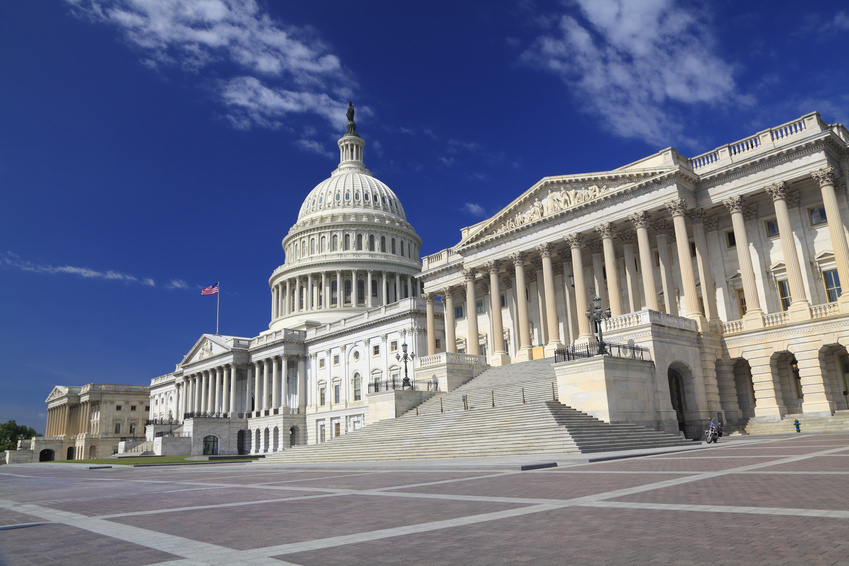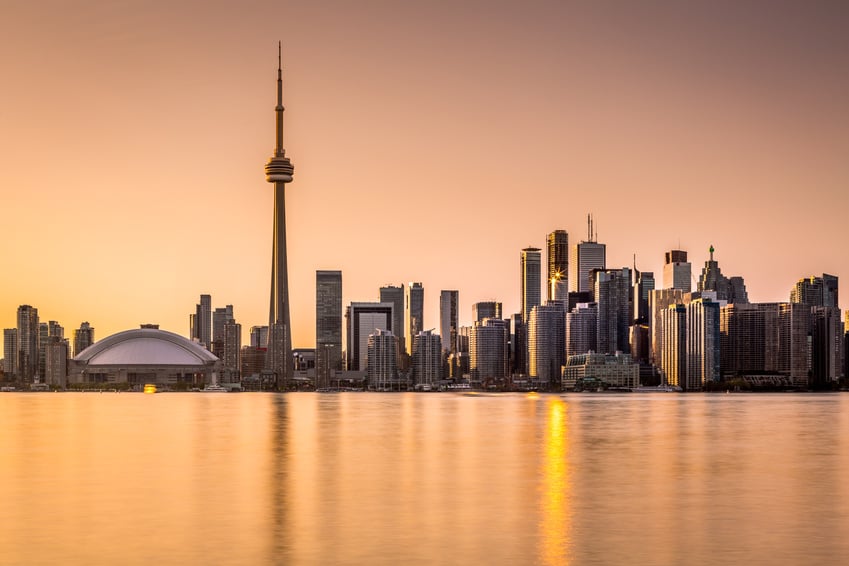On May 12, 2022, the US Treasury Department’s Office of Foreign Assets Control (“OFAC“) issued Syria General License No. 22 (“GL 22“), authorizing certain activities in particular sectors of the Syrian economy that are otherwise prohibited under the Syrian Sanctions Regulations (31 CFR Part 542, “SSR“) in specified regions of Syria not controlled by the Assad regime. According to the US Statement Department’s press release, GL 22 was issued in support of the Biden Administration’s strategy to defeat ISIS by promoting economic stabilization in areas previously controlled by ISIS. OFAC also published new and amended Frequently Asked Questions (“FAQs“) regarding the purpose and scope of GL 22. Below please find a summary of these developments.
GL 22 authorizes transactions “ordinarily incident and necessary” to activities in the following economic sectors in the areas of northeast and northwest Syria identified in the Annex to GL 22:
- agriculture;
- information and telecommunications;
- power grid infrastructure;
- construction;
- finance;
- clean energy;
- transportation and warehousing;
- water and waste management;
- health services;
- education;
- manufacturing; and
- trade (collectively, “Authorized Sectors”).
In addition, GL 22 also includes authorization for the purchase of Syrian-origin refined petroleum products for use in Syria, so long as these transactions are ordinarily incident and necessary to give effect to activities in the Authorized Sectors.
FAQ 1043 provides an illustrative list of activities authorized by GL 22.
Note that:
- GL 22 does not remove or change any sanctions imposed on the Assad regime or remove prohibitions on dealings with the Government of Syria (see FAQ 1042).
- The areas of northeast and northwest Syria in which activities are authorized are laid out in the Annex to GL 22 (see also FAQ 1045).
- US financial institutions and registered money transmitters may process funds transfers on behalf of third country entities in support of activities in the Authorized Sectors under GL 22 in reliance on the transfer originator’s compliance and information obtained in their ordinary source of business, unless there is reason to suspect that the transfer is not authorized by GL 22 (see FAQ 1044).
- Non-US persons will not be exposed to secondary sanctions risks for engaging in or facilitating activities authorized pursuant to GL 22 or transactions that are ordinarily incident and necessary to give effect to the activities authorized by GL 22. (See FAQ 1043 and the amended FAQ 884.)





